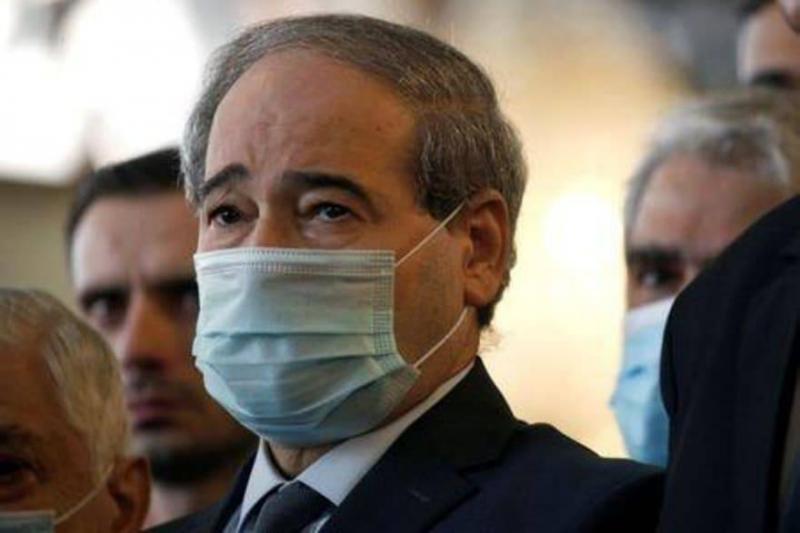A delegation from the Lebanese caretaker government will visit Syria on Saturday, marking the highest-level official visit in ten years. The aim is to pave the way for a U.S.-backed plan to alleviate Lebanon's electricity crisis by obtaining electrical power from Jordan via Syria. Lebanese officials have generally avoided visiting Syria, except in rare instances and through private visits, since the outbreak of the war there in 2011, during which Beirut adopted a policy of neutrality regarding regional conflicts, even as the Hezbollah militia—which possesses a large arsenal—fought in support of Damascus.
A financial collapse that began in 2019 has escalated into a severe crisis, exacerbated last month by fuel shortages that paralyzed the country and forced essential services, including hospitals, to either close or reduce operations. A Lebanese official stated that the delegation, headed by Deputy Prime Minister and Minister of Defense Zeina Akar, would discuss a plan to supply quantities of Egyptian gas to Jordan, enabling it to produce additional electricity for the grid linking Jordan to Lebanon through Syria. Akar, who also holds the foreign affairs portfolio in the caretaker government, told Reuters, "We hope to expedite the project given the Lebanese people's need for it in these difficult circumstances."
She added that the Syrian embassy in Beirut informed the Lebanese side of Damascus's welcome for the Lebanese delegation "coming to discuss issues related to gas and electricity." The Syrian Ministry of Information announced that Foreign Minister Faisal Mekdad would receive the Lebanese delegation, which includes the Ministers of Finance and Energy, at the border on Saturday.
The United States states that it is in talks with Egypt and Jordan to help find solutions to the energy crisis in Lebanon. The Lebanese presidency announced last month that Washington had decided to assist in implementing the plan. U.S. sanctions on Syria pose a complex challenge to any efforts to aid Lebanon through its neighbor, a matter discussed by U.S. senators who visited Lebanon this week. U.S. Senator Chris Van Hollen told Reuters that ways to address the crisis are being considered despite the sanctions. U.S. Ambassador to Lebanon Dorothy Shea stated that there is a will to implement the plan.
U.S. sanctions on Syria include the Caesar Act, enacted by Washington last year which potentially freezes the assets of anyone dealing with Syria, regardless of their nationality. The sanctions aim to pressure Syrian President Bashar al-Assad to end the war and agree to a political solution. Relations with Damascus have long been a point of contention among Assad's allies and opponents in Lebanon. Lebanese ministers have occasionally visited Damascus, but the government has claimed they did so in a personal capacity. Hezbollah, which is backed by Iran and designated by Washington as a terrorist organization, has long called for closer cooperation with Syria.




